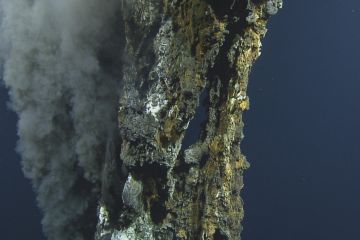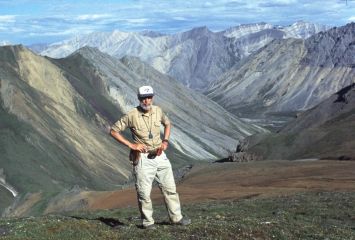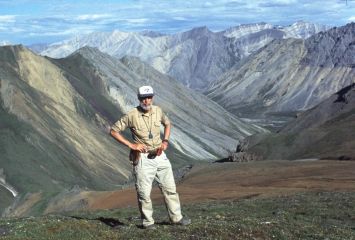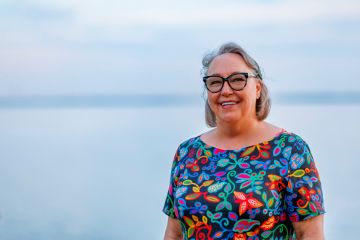A healthier ocean for all
- Nicole Crozier
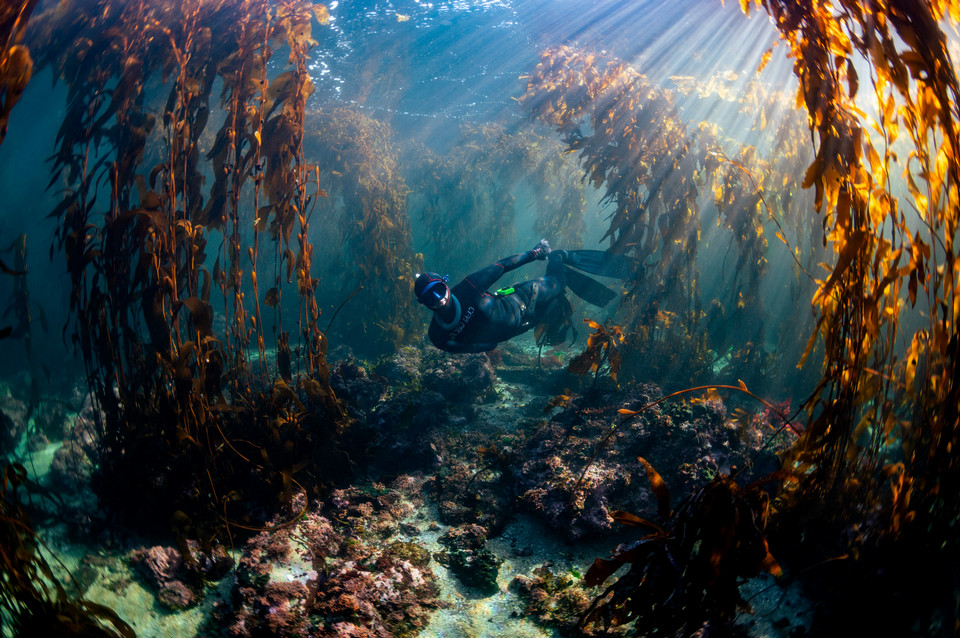
The ocean’s future can sometimes seem bleak, especially if you’re reading the headlines on a regular basis. However, one conversation with UVic marine ecologist Neha Acharya-Patel can quickly change one’s perspective. As a PhD student who is passionate about marine science, Acharya-Patel is inspiring, and developing, the next generation of ocean professionals.
Finding new ways to understand our changing ocean
Acharya-Patel conducts research in the Helbing Lab, a biochemistry lab renowned for its work on environmental DNA (eDNA). Her research focuses on developing techniques to optimize eDNA for use in the ocean, improving existing methods for monitoring ocean heath.
“eDNA is the DNA that we leave behind in our environment,” explains Acharya-Patel. “Just like we shed DNA-like skin and hair into our environments, so too do all organisms into theirs. By extracting this DNA from environmental samples like a bottle of sea water, we can then ask questions about the environment and get snapshots of biodiversity and environmental health as our oceans are changing.”
eDNA is a relatively new field and has grown explosively over the last 15 years. When it comes to measuring biodiversity and ocean health, the approach offers several advantages over current methods. eDNA is minimally invasive and often more sensitive, cost-effective, and scalable than other traditional biomonitoring techniques.
Building a marine science community
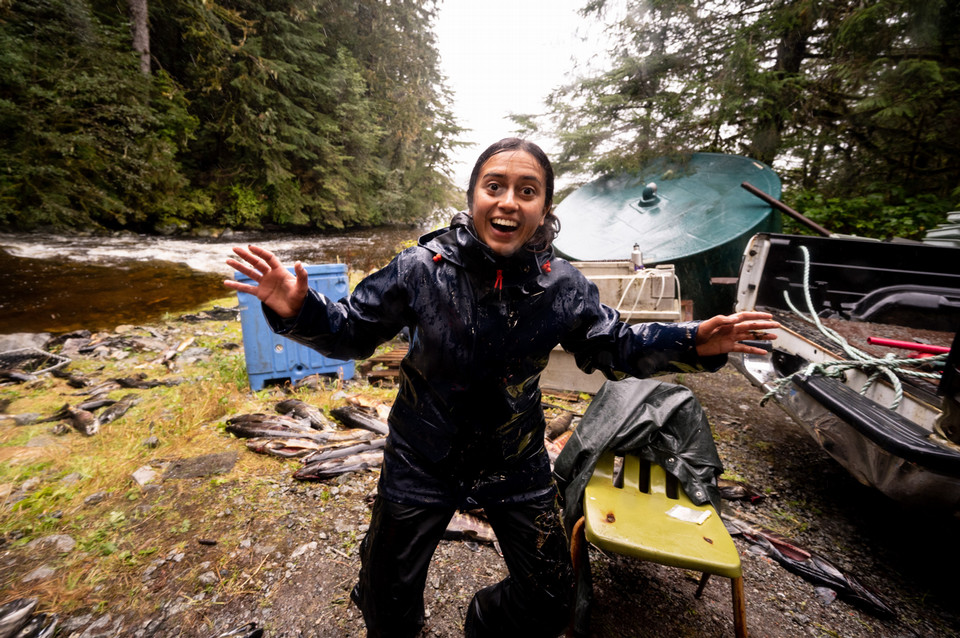
Acharya-Patel may be a graduate student in the biochemistry and microbiology department, but she describes herself as a marine scientist and an ocean conservationist. This disconnect between her identity and her academic department led to her searching outside the department for community, ultimately inspiring her to co-found the Canadian node of the UN Ocean Decade’s Early Career Ocean Professionals (ECOP) program in 2021.
“Co-founding ECOP Canada was very much about building community,” says Acharya-Patel. “COVID was a very isolating time for many of us, and I was looking for ways to interface with people who cared about the ocean the way I do. I also loved how interdisciplinary the ECOP program is; we need people from all disciplines to help create solutions to the problems our ocean faces, and finding ways to bring them together is important.”
The ECOP program was the first endorsed program of the UN Ocean Decade and aims to develop community, showcase the diversity of careers in the ocean sector, while uplifting voices of ECOPs to higher level conversations. The Canadian node (also the first national node to be created) currently boasts over 400 members, and has been used by other countries as a model to develop their own nodes.
While Acharya-Patel has stepped away from leadership of ECOP Canada in the last year, she has still created major impact during her tenure as co-founder and steering committee member. For example, ECOP partnered with Ocean Networks Canada to create an ocean literacy toolkit for post-secondary students and early career professionals. The toolkit helps users learn about environmental challenges, become more familiar with Canada’s blue economy, expand their knowledge on topics affecting ocean health, and explore opportunities and potential career pathways in the ocean sector.
This past year, ECOP partnered with the Canadian Ocean Literacy Coalition and Exploring By the Seat of Your Pants to reach an even younger audience, creating a presentation series that brings early career ocean professionals into K-12 classrooms virtually. This series just ended last week with five speakers, one per day, for Ocean Week Canada.
Building future careers
Acharya-Patel’s support of other early career ocean professionals doesn’t stop with ECOP. She is also involved with Students on Ice and their Blue Futures Pathway Program (BFP), which connects young people (aged 15-35) with education, employment and funding opportunities related to careers in the emerging sustainable blue economy. Her work as the BC regional coordinator for the BFP program in 2022 was funded through Mitacs Accelerate, which also funded a year of her academic research to officially integrate outreach components into her work. Last summer, she was invited on the inaugural BFP expedition in Newfoundland and Labrador, and she will be joining them again on this year’s expedition from Iqualuit to St. John’s as an educator.
At home in the water
Despite her full calendar of commitments on land, Acharya-Patel still spends time in the ocean as a commercial and scientific scuba diver. Prior to starting graduate studies, she also worked several dive research jobs. She was also the first Canadian to be awarded the Our World Underwater Scholarship Society scholarship, a program which funded a year of diving and exploration with researchers around the world. She continues to do contract dive work as a graduate student, incorporating a dive component into her PhD. This research involves adding eDNA sampling onto an existing rockfish survey in collaboration with the Kitasoo/X’ais x’ais Nation on the central coast of British Columbia. She also teaches freediving on the weekends with Bottom Dwellers Freediving in Victoria, though more recently, she has gotten more into training for herself.
Why ocean literacy matters
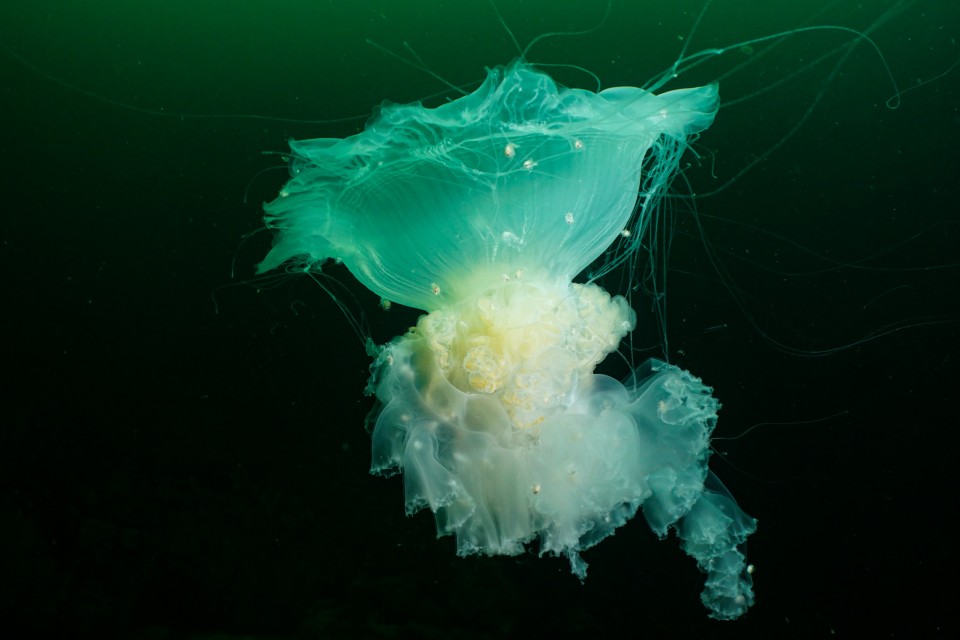
Acharya-Patel has always felt drawn to the ocean, even though she grew up in suburbs of southern Ontario. She understands that no matter where people live, their lives are completely reliant on a functioning ocean ecosystem. She is focused on helping to create a healthy, sustainable ocean and helping everyone understand why that’s important.
“I heard the term ‘ocean literacy’ a few years ago, and it’s something I now think about regularly. Scientists can’t solve all the ocean’s problems on their own. It’s also important for the general population to have a holistic understanding of why a healthy ocean is relevant to them. With better ocean literacy, hopefully will also come increased protection, better resource management and a public push for less extractive practices, meaning a healthier ocean for all.”
Photos
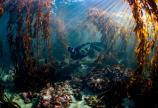
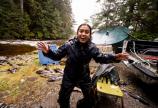
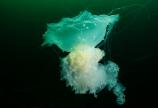
In this story
Keywords: climate, environment, oceans, climate traction, education
People: Neha Acharya-Patel

